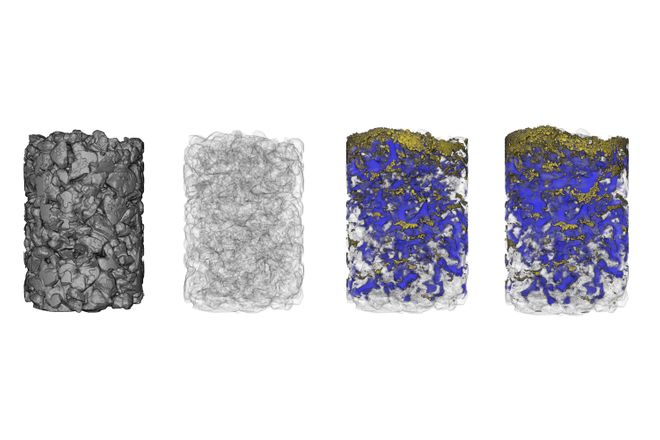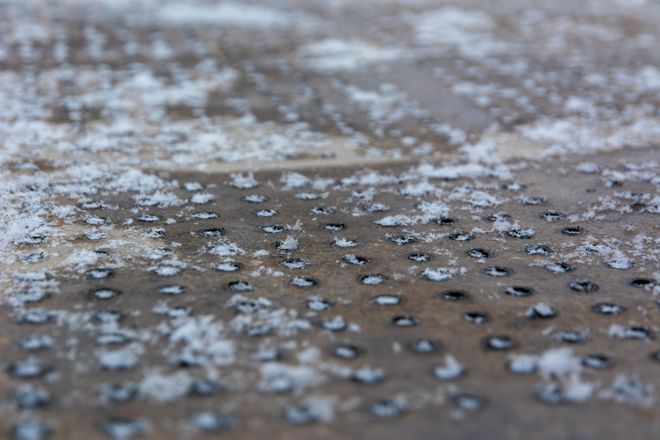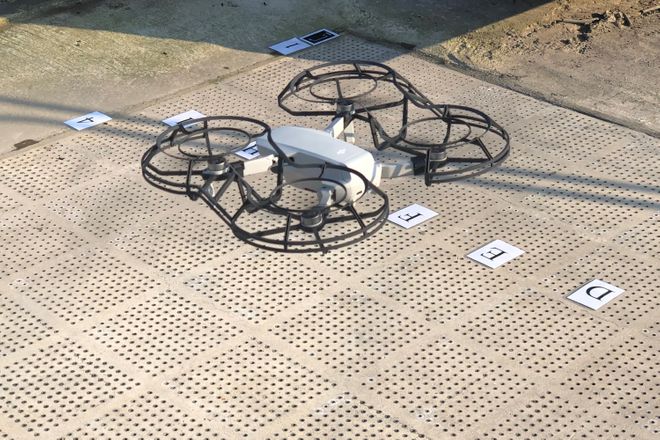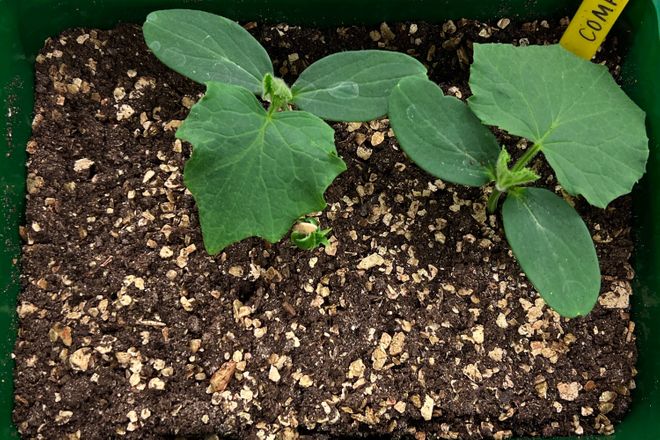The Resilient Sustainable Infrastructure Group at Imperial College London focuses on addressing key climate and societal challenges by developing novel materials technologies and investigating their performance by conducting state-of-the-art laboratory experiments, numerical modelling and large-scale field testing.
Our research spans across the following themes:
Themes

Conventional permeable concrete pavements
Permeable concrete (also known as pervious concrete) pavements rapidly drain stormwater through otherwise impermeable infrastructure. They are one of the most promising mitigation strategies to prevent surface flooding, however they are prone to clogging. We study this clogging and its effect on the pore characteristics using laboratory testing, image analysis, numerical modelling and large-scale field testing.

Climate change resilient permeable infrastructure
To overcome conventional systems’ limitations, we have engineered a next-generation permeable concrete pavement (CRP, also known as Kiacrete) with improved permeability, clogging resistance, strength and durability. We study the material, structural, durability, thermal and hydrological performance of CRP using novel experimental and field test setups, along with multi-scale multi-physics numerical modelling.
Research block 2

Long-term monitoring of concrete infrastructure
New materials technologies need to be tested outside of the laboratory and exposed to real-world conditions. We undertake long-term performance monitoring of concrete infrastructure using state-of-the-art test rigs, sensor networks and drones. The collected data is then analysed using image analysis and computational methods to determine long-term behaviour.

Sustainable urban plant management
Green infrastructure offers significant benefits to the urban environment through improved stormwater management and a reduced urban heat island effect, however current technologies have practical limitations. We investigate and quantify the interactions between plants and the built environment using laboratory testing, computational methods and statistical procedures.
Get in touch for opportunities
Email alalea.kia@imperial.ac.uk for academic and industry collaboration as well as research opportunities
